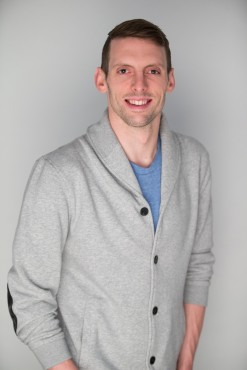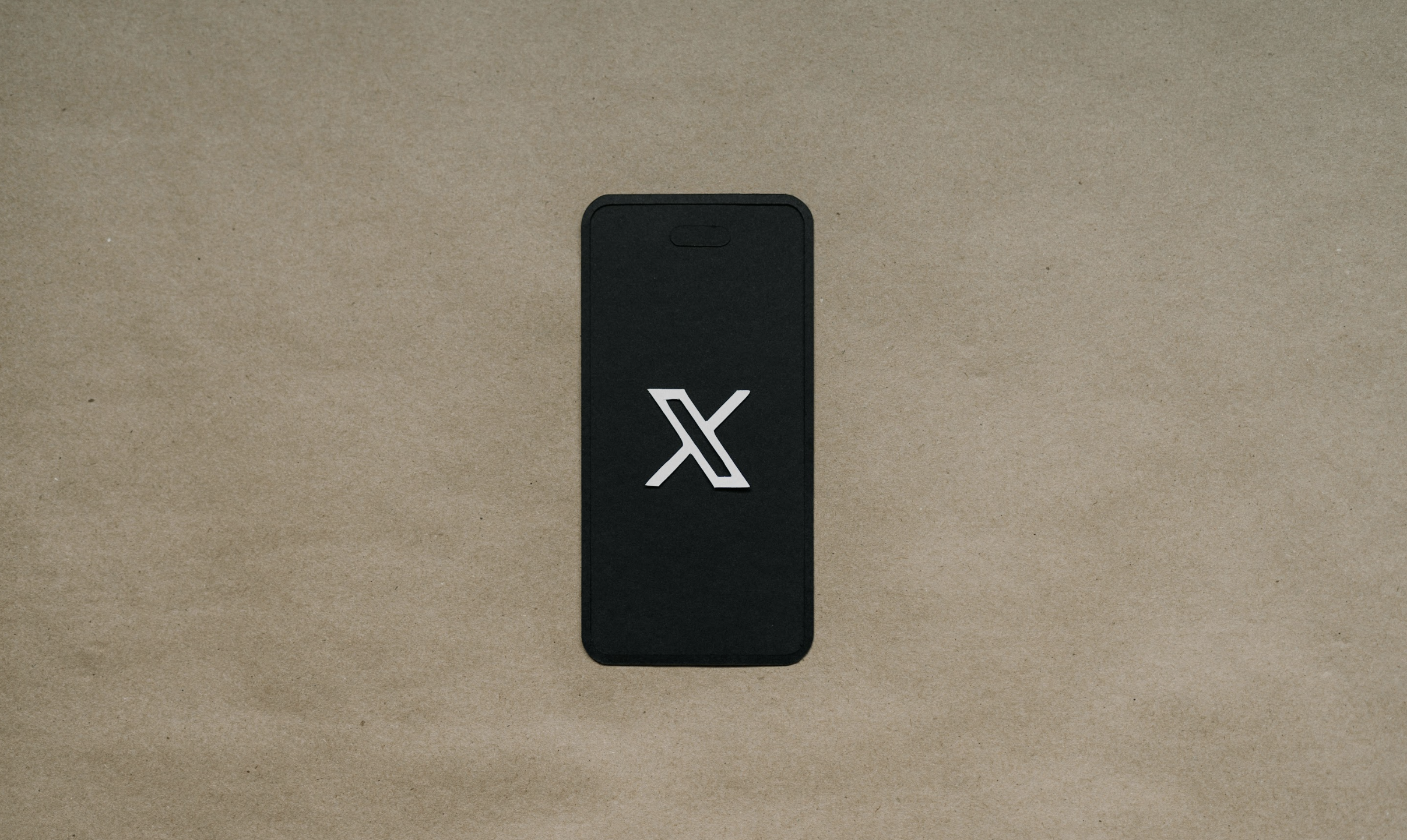After winning bronze and silver medals in Beijing 2008 and London 2012 (respectively) in the 1500 metre freestyle, UVic’s most famous Olympic swimmer set his sights on gold in Rio, but came up short in sixth place. In an exclusive interview with the Martlet, conducted late last year, Ryan Cochrane reflects on his third summer Olympics, balancing Team Canada’s success with personal disappointment, and whether retirement is on the horizon.
What were your personal expectations going into the 2016 Olympic games?
I wanted to win at least two medals. It’s weird saying these things in retrospect but I had the goal of winning two medals. I wanted to win. I wanted to better my performances.
What was life like when you were training for the Olympics in 2016?
The Olympic year, everything just gets turned up a notch. In previous years I’ve balanced school and swimming, [but] when I graduated from UVic I decided to just focus on swimming until this Olympics. So it was really 5 a.m. to 5 p.m. at least, every day. And seven hours, eight hours of working out . . . It’s such a holistic approach: eating well, being emotionally ready for these competitions, trying to balance friends and family, while always doing that training. And we were away about eight months of the year before the games, training, so it’s a love-hate relationship with that. Because you don’t get to see your friends and family but you also get to see a bit of the world.
How was your training different from 2008 or 2012?
I took each Olympic year off of school and I think that helps because I knew what my priorities were. But the training itself doesn’t change an incredible amount. For swimmers, it’s pretty continuous, so you might get a week or two off in the summer, but start to finish it doesn’t change and year to year it’s usually pretty similar . . . you try to ask your coach and your trainer, “What else can I do? Can I do a little bit more?” But you can only ask that so many times before you don’t get through the week.
Did the political upheaval of Zika and corruption come into your mindset at all?
I was fortunate because it was my third Games [and] I know how it works . . . Every Games seems to have one or two major issues that kinda get blown up in the media for months and months before. This Games it was like ten things instead of two. But I realized that it’s a little fear-mongering . . . The 24-hour news cycle likes to jump on some weird things sometimes . . . So you try to effect change in everything we’re doing here at home but beyond that you hope that the right people are working on those issues. And they did. We had no issues in Rio and it was one of my favourite games to be at, so that says something.
What’s day-to-day life like as an athlete at the Olympics?
There’s a lot of the emotional turmoil. The ups and downs even before you race are pretty crazy and it’s boring at times. You eat, you sleep, you train, you try to rest up, and there’s really not much more to it. When we’re not competing and we’re at the games, if we’re not actually at our venue, we’re watching all the other sports. It was such an amazing experience to share that with all the other athletes. So many highs and so many lows for that point, but just being able to see how invested we all are amongst our entire team, all 350 athletes and given that it’s my third Games, you start to get to know people. You know a bit about their story, you know everybody has something that they’ve overcome and so just seeing that success, it motivates you.
What were your expectations for the Canadian team as a whole?
It’s funny, my personal expectations . . . reality didn’t mirror anything at all what I was hoping for, but then the team did so much better than I ever would have anticipated . . . Hopefully this builds for every four years or three years to come, and we can say we’re not one of those second-tier swimming organizations [and] we can actually try to get some of the best athletes out there, and I think our women especially really proved that.
You made an emotional Instagram post after your race and your results. Talk me through how you were feeling at that time.
In a perfect world I probably wouldn’t have said anything. But I do think it’s important to recognize defeats and when you are unhappy . . . We celebrate the successes so much in sport and we almost get kind of—I guess as swimmers we’re pretty lucky because we feel the support whether it’s positive or not, but I did feel like I let people down . . . It’s been nice to be able to reflect on it and the outpouring of support was nothing that I ever would’ve imagined so I feel very fortunate to have been in that role as an athlete, but I was devastated. It wasn’t what I had ever dreamed of and it felt very final and there were no more second chances. I think that was the most painful piece, that [at] each [previous Olympic] games, if I had a result I wasn’t quite happy about I still had another chance. But this time there were no more chances and that was not only disheartening but painful.
What’s next for you?
I’m still deciding whether I want to continue or not. It’s been so good to see these kids across the country [while doing a series of Swimming Smart clinics] who are starting out their journey into sport. It’s been a blast getting to know them, getting to know their stories, hopefully motivating them for ideally twenty more years in the sport . . . it’s good to find that life-sport balance which I’ve been lacking for many years . . . I don’t know how much longer I’ll keep swimming, I can’t imagine it’ll be for too long, but I’ve been so passionate about it for two decades that . . . how do you easily give that up? So it’s a decision I grapple with almost on a daily basis.
Is it safe to say Rio was your last Olympics?
Yeah. The ups and downs and the stress and the pressure is . . . there’s so much commitment to it and there’s also so much that makes you just exhausted by the process so four more years is just too long for me.








